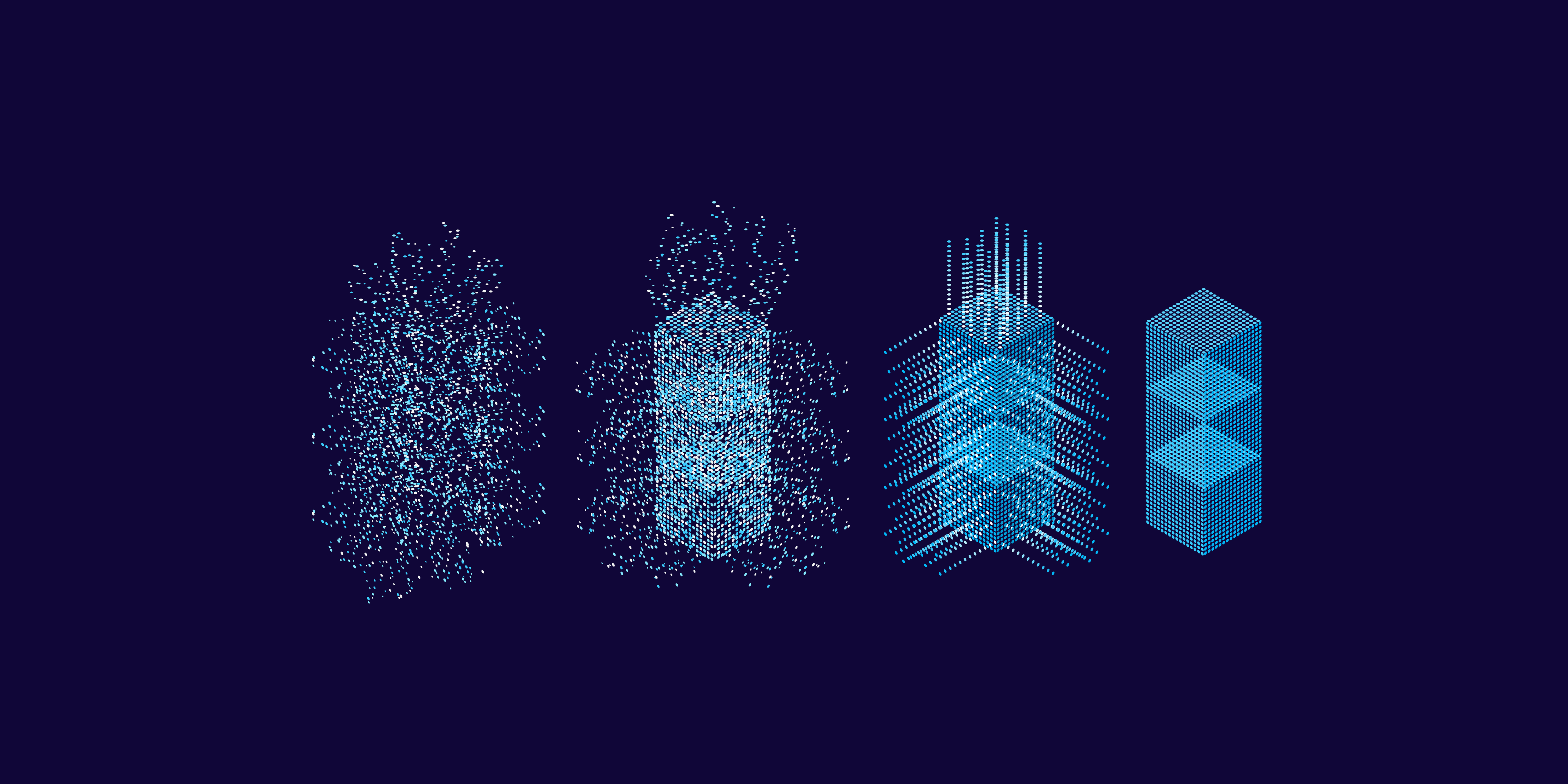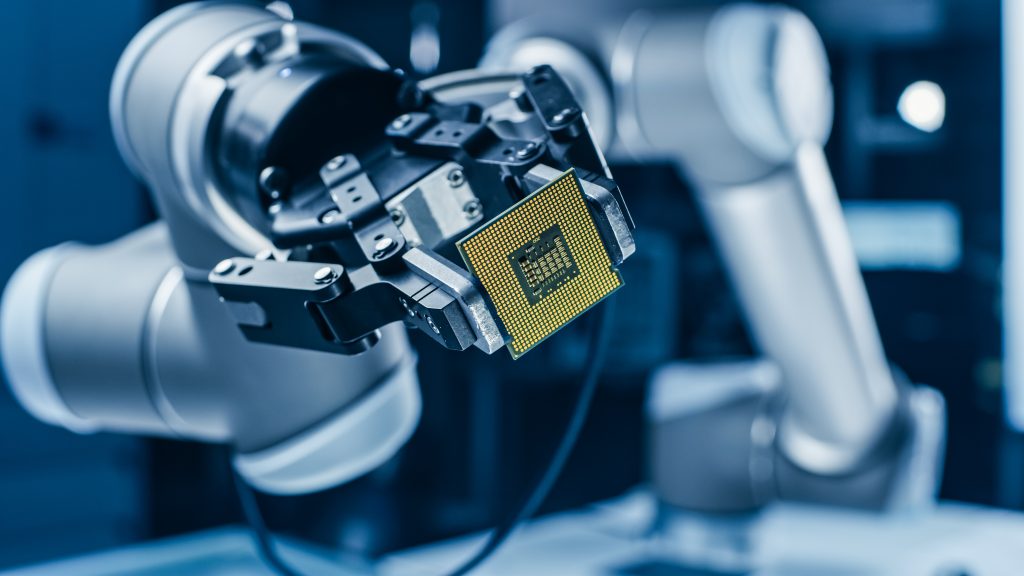
On 2 January 2024, the UKIPO updated the Manual of Patent Practice (MoPP) to provide further guidance to patent examiners when examining patent applications involving artificial neural networks (ANNs). Section 1.39.4 of the MoPP now states that an examiner should not object to an application involving an ANN under the “program for a computer” exclusion, which defines computer programs as such as non-patentable subject matter. This change was made in accordance with the High Court’s decision in Emotional Perception AI Ltd v Comptroller-General of Patents, Designs and Trademarks, and the UKIPO’s previous statement in response to the decision. For more detail about this decision, see GJE’s previous article.
We have undertaken a review of published patent applications to explore how the UKIPO’s guidance regarding trained ANNs is being applied by examiners in practice.
Effect on examiner behaviour
The UKIPO’s recent changes mean that inventions relating to ANNs may achieve a broader scope of protection than was previously allowed. Recent cases, such as GB2602295A and GB2602904A, demonstrate a shift in examination practice where examiners have been more favourable to claims involving ANNs. Notably, the applicants in these cases have successfully leveraged the Emotional Perception judgment to obtain the allowance of broader claims.
In particular, the UKIPO register shows that in GB2602295A the applicant held a telephone conversation with the examiner in order to discuss a potential broadening of the claims in light of the Emotional Perception decision. As a result, the claims were amended to remove several limitations that were introduced during prosecution as a response to previous objections relating to excluded subject matter. The removal of such limitations means that the examiner allowed the claims to be broadened from a computer-implemented method of processing data in a runtime implementation of a neural network, to a computer-implemented method of training a neural network.
Similarly, the applicant in GB2602904A successfully argued against an excluded subject matter objection regarding the claimed ANN by relying on the Emotional Perception decision. In this case, the applicant argued that a claim directed to the structure of the ANN was not excluded subject matter. The examiner appeared to agree, and the application proceeded to grant.
Interestingly, in GB2602295A a training method for an ANN alone was claimed, whereas in GB2602904A independent claims were provided for both the structure of the ANN and the training process thereof.
Can the decision be applied to any machine learning model?
Applicants should note that the UKIPO is not applying the Emotional Perception decision to all machine learning models. In GB2604062A the applicant argued that the claimed model learns relationships rather than being explicitly programmed. However, the examiner was of the opinion that the logic of the new guidance cannot be extended generally to all machine learning models. Therefore, it appears examiners are looking specifically for claims that relate to ANNs when determining whether the Emotional Perception decision should apply.
How can claims be strategically drafted based on this decision?
We recommend drafting claims in the UK that specifically refer to an ANN wherever possible, rather than generally claiming a machine learning model. Additionally, it is advisable to include independent claims for both the structure of the ANN and its training process. Taking this approach should give applicants the best chance of avoiding an excluded subject matter objection, based on current UKIPO guidance.
Please do get in touch if you have any questions concerning machine learning and artificial intelligence and what it might mean for your innovation. For more details, please get in touch with your usual GJE attorney or contact us at gje@gje.com.


